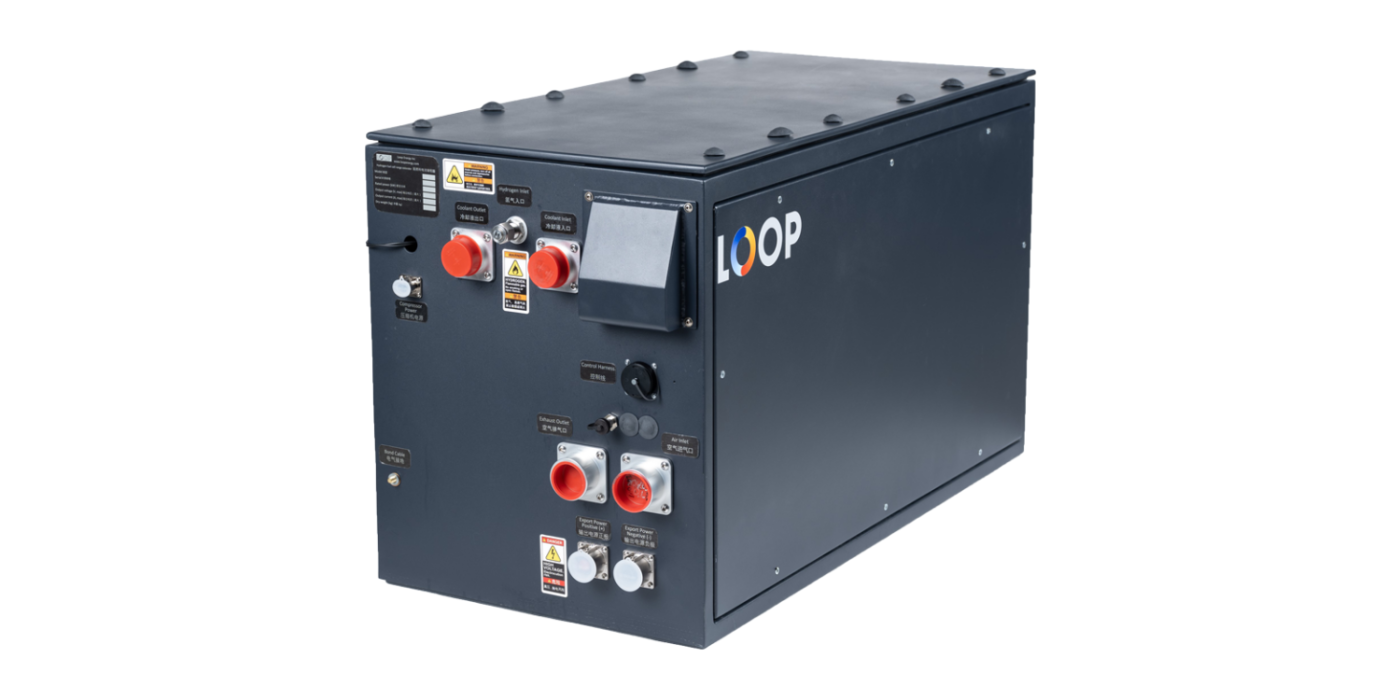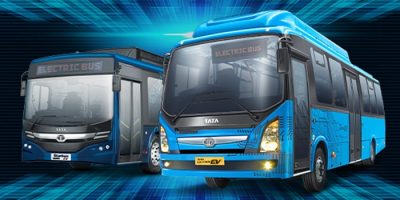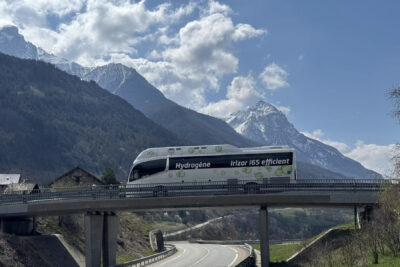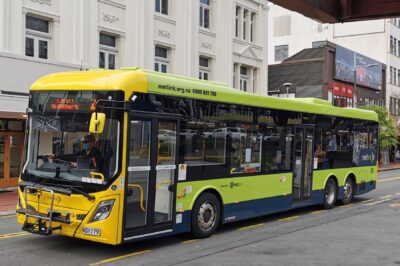Loop Energy gains first contract in South Korea
Loop Energy, a Canadian company specialising in fuel cell systems for commercial vehicles, announces its first deal in South Korea. NGVI, a well-connected local manufacturer of hydrogen buses, has opted for Loop’s eFlow fuel cell platform.
The agreement could see over a thousand hydrogen buses being rolled out across South Korea thanks to NGVI’s connection to the local transportation industry. First, Loop Energy will supply NGVI with a full fuel cell module, cooling system, and DCDC power conditioning equipment. The company points out that NGVI is well-positioned as a supplier within the South Korean bus market, with Seoul Bus company and TCHA Partners having a share of ownership in NGVI.
“With Loop’s state-of-the-art technology and NGVI’s system integration expertise and customer network, we believe we can make hydrogen-electric transit a reality in South Korea and beyond,” said Ben Nyland, President and Chief Executive Officer of Loop Energy.
In concrete terms, the first hydrogen fuel cell vehicles equipped with the technology will be delivered by NGVI to Ulsan Metropolitan City. Under the first phase of the multi-year agreement, Ulsan will invest 2.3 billion KRW (approximately $2.0 million) by 2024 to test and certify hydrogen bus technologies. While the companies name no concrete numbers, Ulsan announced a plan in 2018 to replace 40% of the city’s 949 buses with hydrogen-fueled vehicles and establish 60 hydrogen fueling stations by 2030.
After development and demonstration, the hydrogen buses are expected to also come to the capital area where Seoul Bus Company and TCHA Partners own over 1,200 buses. Both have a stake in NGVI. The city says demand will rise as about 10 per cent of Seoul buses are replaced or decommissioned annually. The number of buses owned by them is expected to be more than 2,000 by 2023, and the demand in the metropolitan area is expected to be more than 200 per year.





0 Comments